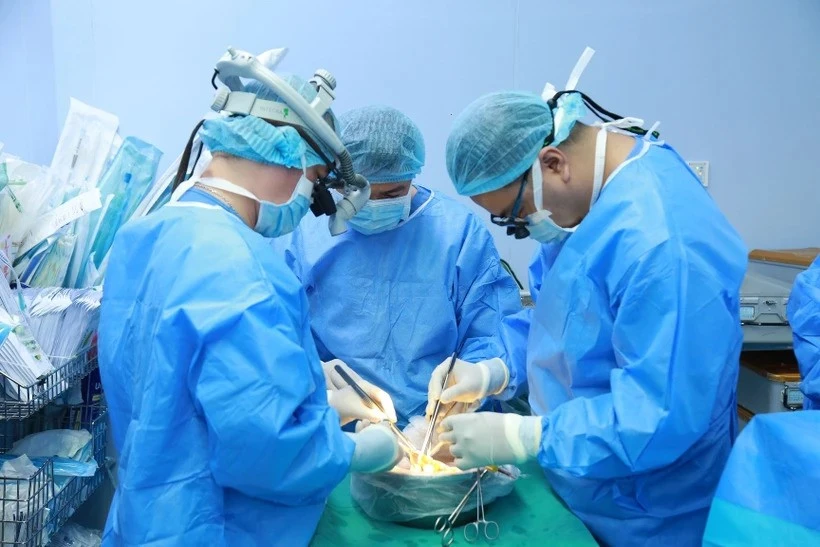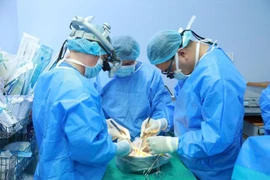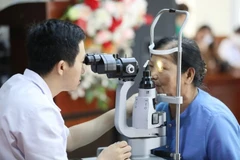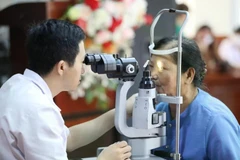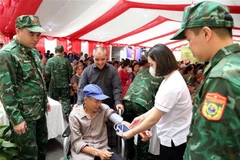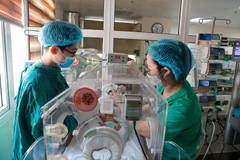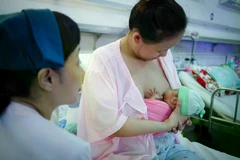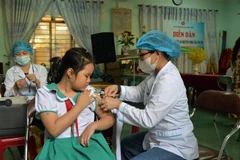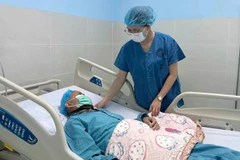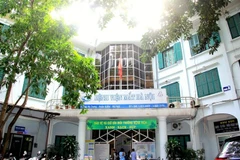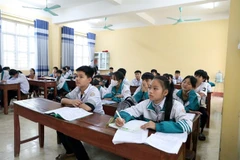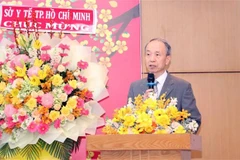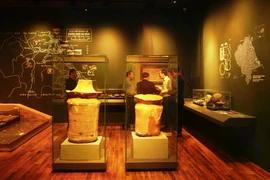Hanoi (VNA) – Vietnam set a new record with 41 cases of organ donations last year, surpassing the total number from the previous three years, Deputy Minister of Health Tran Van Thuan told a conference in Hanoi on January 7.
27 hospitals, centres engage in organ transplant
The journey to this milestone has been a collective effort involving 27 hospitals and centres across the nation. From the first kidney transplant in 1992 to the current tally of 9,516 organ transplants, Vietnam has not only transformed its healthcare industry to save lives but has also become a beacon of hope in Southeast Asia. Over the last three years, the country has surpassed 1,000 transplants annually, Thuan said.
He hailed 2024 as a landmark year when organ transplantation was recognised as one of the most remarkable medical achievements in the country.
Last year was particularly significant, as highlighted by the Director of the National Organ Transplant Coordination Centre Assoc. Prof Dong Van He, who noted a phenomenal 173% increase in healthy organ donations from brain-dead donors. Moreover, registration for posthumous organ donation has tripled, setting Vietnam on a path to potentially match the Republic of Korea (RoK)’s figures in the next three years.
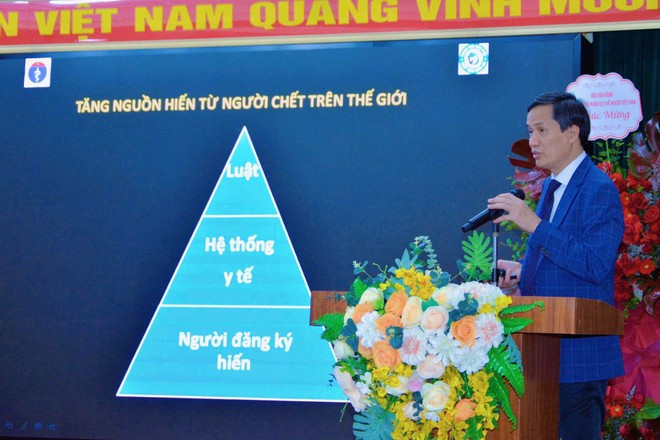
Former Minister of Health and Chairwoman of the Vietnam Tissue and Organ Donation Advocacy Association Assoc. Prof Nguyen Thi Kim Tien credited this success to the drastic efforts and advancements in the healthcare sector and the establishment of organ donation counseling units and subcommittees in hospitals nationwide.
Proposal to allow organ donation from children, cardiac death victims
However, Deputy Minister Thuan acknowledged that challenges remain. The vast majority of transplants (94%) still rely on living donors, indicating a need for increased donor registrations which now remain low.
He pointed out the lack of appropriate policies and incentives to support organ donation counseling and advocacy units in many hospitals. Additionally, the costs associated with resuscitation, brain death diagnosis, organ procurement, preservation, coordination, and transportation have not been standardised, complicating reimbursement processes for hospitals.
In response, the Ministry of Health is actively refining mechanisms and policies to promote sustainable organ donation, procurement and transplantation. This includes updating technical guidelines, setting economic-technical standards and an appropriate pricing system that fully covers all associated costs, aiming for health insurance integration to make organ donation more accessible and financially viable.

It is also looking to modernise the process through better use of information technology to manage donor registries and transplant lists, ensuring effective, transparent and fair coordination, Thuan said.
Director He announced that the centre will collaborate with relevant agencies to draft amendments to the law governing organ, body, and corpse donation and transplantation.
One notable proposal on the table is to allow organ donations from children and individuals declared dead from cardiac arrest. This could revolutionise organ availability, offering new hope to many, especially young patients awaiting life-saving transplants, he added./.
